
Trip Highlights
- Explore the unique island of Madagascar and know about its flora and fauna
- Experience the best PADI dive training from experts
- Dive in some of the least explored marine sites in the world
- Contribute to conserving marine life as a volunteer and ensure a sustainable environment
- Make lifelong friends and return with incredible stories, photos, and memories
Overview
Overview
If traveling to Madagascar has always been your dream, then Volunteering Solutions is here to fulfill it, in the most unique manner. This magical island country is home to some of the world's most spectacular and least explored dive sites and now, you can receive
comprehensive practical scuba-diving lessons and theory training to prepare yourself to undertake research-based activities at sea.
The Marine Conservation Program has been designed in collaboration with oceanographic organizations to gather vital raw scientific data through a number of initiatives including Reef Surveys; Coral Bleaching Assessments; Nudibranch Surveys; Artificial Reef Surveys; Turtle Monitoring; Invasive Species Monitoring; Beach Clean Management etc.
This region has immense multi-colored corals and luxuriant seagrass beds which provide rich feeding grounds for an extraordinary array of colorful reef fish, rays, sea urchins, anemones, octopus and even sea turtles, while barracuda, sharks, dolphins, migrating whales and shoals of pelagics cruise the deep blue waters offshore. You'll get to indulge yourself in learning more about the ecosystem and know how the fishing communities utilize the resources to their best capacity.
Volunteers are taught the methodology and diving techniques required for coral baseline surveying, a key skill in marine conservation as a universal approach to monitoring the state of coral reefs. In addition, volunteers are taught how our work fits into the bigger picture of conservation management required for establishing marine protected areas and improving coastal ecosystems.
Needless to say, it'll be a great volunteering opportunity as well as a learning journey for all those gap year travelers, backpackers, and students who are keen to experience something out of the box.
Program Requirements
Program Requirements
If you plan to volunteer in Madagascar, you need to be at least 18 years old. There might be exemptions if you can provide the permission of your legal guardian(s) or if you are accompanied by your parents. Volunteers should be highly energetic; have a positive attitude to make a change; possess a certain level of fitness, since the island life is not as easy as it might seem!
Note: Volunteers participating in the Marine Conservation project must have an Open Water Dive Certification as well as an Advanced Open Water Dive Certification to survey. If you are applying for the Marine Conservation project in Madagascar, please specify whether you require any dive training. PADI diving courses can be completed in Madagascar at the partner’s onsite diving school. Please note, this project has a minimum duration of 4 weeks to allow sufficient time to complete the dive and marine research training required to participate in the project.
Volunteer Roles & Responsibilities
Volunteer Roles & Responsibilities
Being a part of the Marine Conservation Volunteering Program in Madagascar, you'll have the following roles & responsibilities:
- Collect time-series data recording diversity and abundance of fish, invertebrate and reef-building organisms through reef surveys at various sites along the coast of Nosy Komba.
- Monitoring the health of the coral in the wake of our changing climate through coral bleaching and invasive species surveys.
- Learn to identify a wide range of intertidal creatures from tiny hermit crabs to sparkling sea anemones.
- Learn how artisanal fishing communities live and utilize the rich marine resources.
Volunteer Work Schedule
Volunteer Work Schedule
Volunteers usually arrive on Sunday and the program will start from Monday.
Monday
07:30 Breakfast
08:30 Orientation Presentation
10:00 Health and Safety Presentation
11:00 Complete and sign forms and paperwork
12:00 Lunch
14:00 Walk to the neighboring village of Ampang for a tour led by staff
17:00 Return to camp (walk or by boat at a cost of 2,000 MGA/person)
18:00 Dinner
18:45 Daily Board Briefing
Tuesday: First official day on project! Generally, you will be doing hands-on activities integrated with staff and other more experienced volunteers. Staff will go over activities and times after dinner on Monday so you know where to go.
Volunteer Activities:
Each program has morning and afternoon activities. After dinner each day, we have a briefing to go over activities for the following day.
Note: Schedule will vary depending on the project, tides, etc.
Sample Schedule:
05:00-07:00 Breakfast on camp
06:00-08:00 Start of morning activities on the project
12:00 Lunch on camp
14:00 Start of afternoon activities on the project
16:00-17:00 Volunteer activities for the day usually conclude
18:00 Dinner on camp
18:45 Board Briefing to go over activities for the following day
Living
Living
Airport Transfer
Volunteers should arrive on Nosy Be Fascene Airport for pick-up on Sunday before their start date. They will be met at the airport or boat port (if arriving overland) and transferred to the volunteer camp on Nosy Komba. The boat ride from Nosy Be to Nosy Komba takes about 45 minutes with the last boat of the day departing around 15:00. If volunteers not arrive in time for the last boat to camp, our staff will assist in getting them to their hotel (we can provide hotel recommendations). The following day they will be met at a pre-determined time and place and transferred to the camp. If there is time before the last boat departs for Nosy Komba, our staff will give them a tour of the town of Hellville where they can purchase snacks, a local SIM card, draw money at an ATM, etc. It is important to note that in addition to time constraints with boat departures and tides, shops and stores all close for siesta between noon and 14:30/15:00 each day.
For your departure: You are responsible to arrange and pay for your own transport back to the airport, however, we are happy to help you book your transport as needed.
Accommodation
We have 2 accommodation facilities in Madagascar. The first one, Turtle Cove, is built into the steep slopes of Nosy Komba, which is a multi-level compound overlooking the spectacular coral reef below. Climb stone stairs up from an idyllic beach to the main house situated above the dive deck and take in the stunning view of the ocean extending far across all the way to Lokobe Forest Reserve on Nosy Be. The main house accommodates senior staff members and serves as a meeting place and hangout for volunteers during the day. Large decks line the front of the main house complete with hammocks, bean bags, and benches.
Volunteers can expect to share a hut with four to six other volunteers and will need to bring their own bedding and towels. The huts have several bathroom facilities equipped with running water, flush toilets and cold water showers. There is also a work area for volunteers as well as lockable storage boxes available for each hut to store small valuables. Volunteers should also bring a padlock to secure personal items in their luggage when not in use.
The second camp is located on mainland Madagascar in the small remote village of Ampohana. Volunteers are accommodated in communal A-Frame bungalow fitted with double bunk beds. Our camps are eco-friendly with solar-powered lighting throughout. There are no charging facilities for electronic devices; volunteers are encouraged to bring a solar panel and battery pack to keep their devices charged. Charging ports are available in the neighboring village of Ampang, about a half-hour hike from camp.
We do have an onsite generator for staff use located at our main camp, though volunteers are welcome to charge small devices (no laptops) from this if there is space. Bear in mind that in an effort to go green, the use of the generator is minimal, sometimes only once per week or less.
It'll be great fun to live this life away from the network, where you'll get ample time to bond with your fellow mates, share your stories and plan out how to make a difference.
Meals
Three meals per day are provided seven days per week. Each meal is prepared by our on-site cooks using traditional Malagasy cooking methods using fresh, locally grown, seasonally available produce. Most meals have a rice base with beans and vegetables on the side (or over rice).
Fruits and vegetables served will change depending on the season and availability of local produce. Some meals will include fish/seafood, beef (zebu), or chicken. Meat, when part of a meal, is typically prepared with a sauce, cut into small pieces, and served over rice. In addition to bananas, breakfast usually consists of either baguettes and jam, eggs or crepes.
There is a vegetarian option for all meals. Due to logistics and the limitations of our remote location, we cannot provide a vegan option. Vegans can help themselves to the vegetable-based foods prepared, but will also need to supplement their diet with foods purchased off camp. If you have special dietary requirements, please let us know. We will do or best to provide accordingly, however you should not expect to eat as you normally do at home.
Know that you are volunteering in a remote region of a developing country and flexibility is necessary.
During your Free Time
A few popular weekend activities/places to visit are listed below.
- Lokobe Forest Reserve
- Discovery SCUBA Dive
- SCUBA Dive Training
- Explore different areas of Nosy Komba with a local guide and learn about medicinal plants, the endemic wildlife and more
- Tanikely Natural Reserve
- Visit Nosy Iranja or Nosy Sakatia (swimming and snorkeling)
- Whale Shark Watching (seasonal)
- Visit the Sacred Tree or Sacred Waterfall on Nosy Be
- Hike up Mount Passot on Nosy Be
- Visit Lemur Land park on Nosy Be, or the Lemur Park on Ampang Village on Nosy Komba
- Ankarana National Park
- Amber Mountain National Park
- Visit plantations on the mainland in the city of Ambanja
- Visit the city of Diego Suarez including the Emerald Sea, the Three Bays, Tsingy Rouge rock formation and more
Dates
Dates
2024
2025
January
07
14
February
04
18
March
03
17
April
07
21
May
05
19
June
02
16
30
July
14
August
04
18
September
01
15
October
06
20
November
03
17
December
01
15
January
05
19
February
02
16
March
02
16
April
06
20
May
04
18
June
01
15
July
06
20
August
03
17
31
September
14
October
05
19
November
02
16
30
December
14
Past Date
Available
Unavailable
Filling Fast
Costs
Costs
Please Note: -An application fee of $249 is charged over and above the program fee as an application payment. (A 5% international banking fee is charged at the time of payment)
Fee Includes Mandatory Ecological Monitoring Program Course fee
What are you Paying for?
- 24 hrs Assistance and support from staff
- Comprehensive Pre- Departure Information
- Orientation
- Sleeping accommodation on camp for the program duration
- Three meals per day, seven days per week on camp
- Supervision and training by staff
- Airport pick-up in Nosy Be
- Transportation to program sites
- Supervision and training by a team of Rescue Divers, Dive Masters and Dive Instructors
- BCD's
- Tanks + Air Fills
- Regulators
- Weight Belts + Weights
- Scientific Survey Materials (i.e. quadrat, rulers, measuring tape, etc)
- Access to a speed boat
- Mandatory Ecological Monitoring Program Course
- Travel & Medical Insurance (Available at an extra cost)
- Certificate Of Completion (Upon Request)
What's NOT included?
- Flights
- Visa costs
- Personal items
- Travel and health insurance
- Airport drop-off
- PADI crew packs / Manuals for the relevant diving courses (if applicable)
- PADI diving course fees (if applicable)
- Snorkel and mask (with tempered glass)
- Fins (open heel with booties are more comfortable for frequent use)
- Wetsuit (long or short, 3mm minimum)
- Surface marker buoy (DSMB)
- Reel (a small finger reel is adequate)
- Waterproof watch
- Dive compass
- Logbook
- Diving insurance
Reviews
Reviews
Frequently asked questions
Health and Safety
FAQ's Application and Program Details
Flights and Visa
Connect with Past Volunteers
More projects in Madagascar
Still have Questions?
We're always here to help.
Get in touch whatever way works best for you.
 ES
ES  PT
PT  IT
IT  DE
DE 

 Bali
Bali  Cambodia
Cambodia  India
India  Malaysia
Malaysia  Nepal
Nepal  Philippines
Philippines  Sri Lanka
Sri Lanka  Thailand
Thailand  Vietnam
Vietnam  Ghana
Ghana  Kenya
Kenya  Madagascar
Madagascar  Morocco
Morocco  South Africa
South Africa  Tanzania
Tanzania  Australia
Australia
 New Zealand
New Zealand
 Costa Rica
Costa Rica
 Ecuador
Ecuador
 Peru
Peru
 Ireland
Ireland
 Greece
Greece


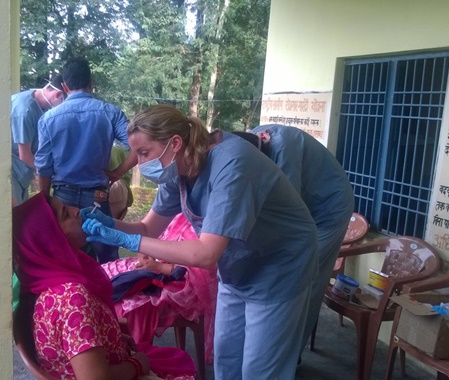
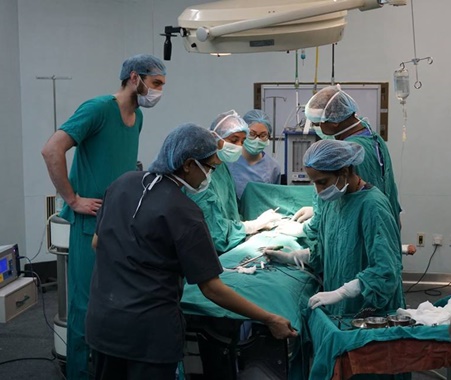
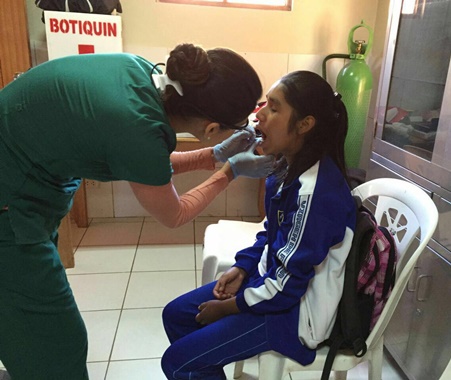

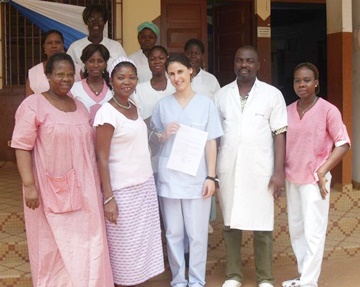
.jpg)
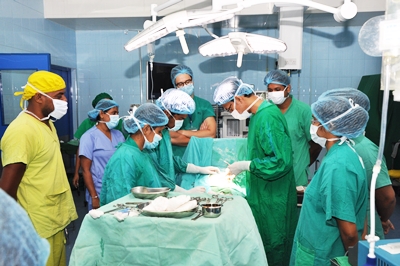



















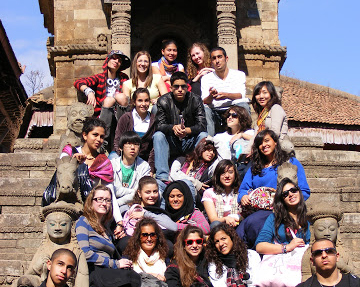
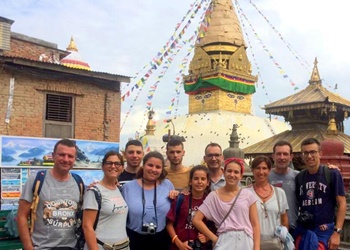
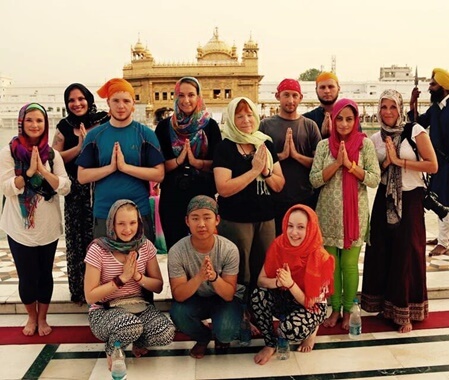


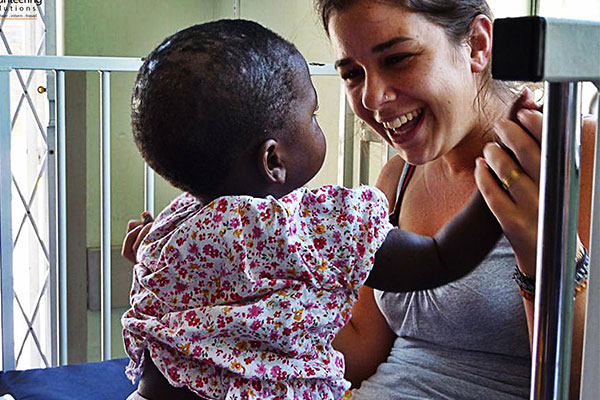

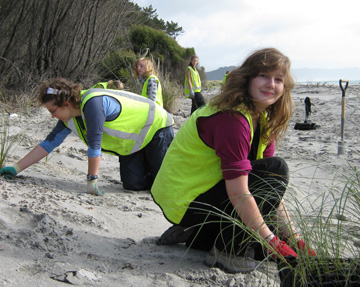


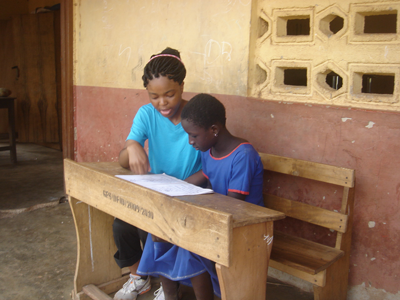
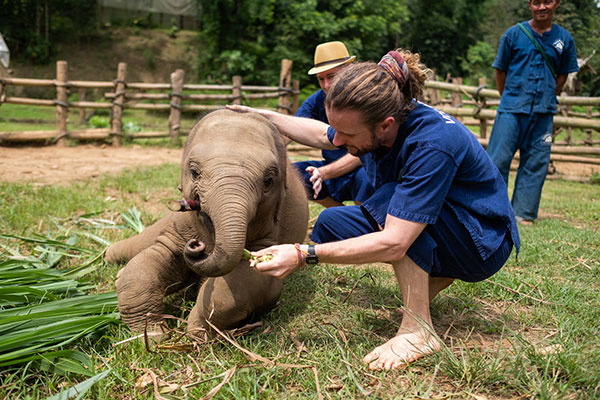
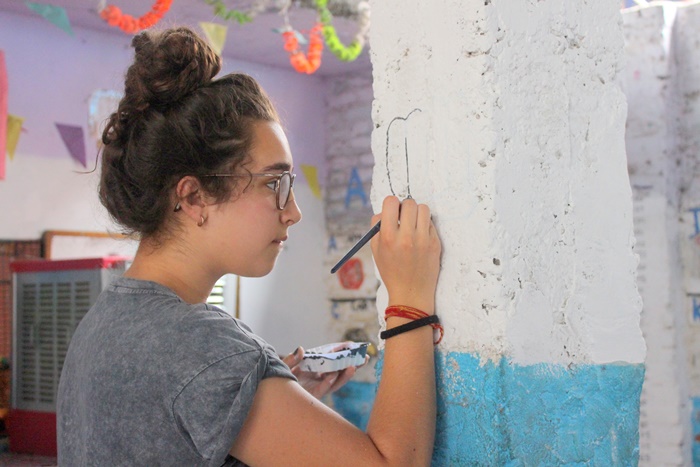
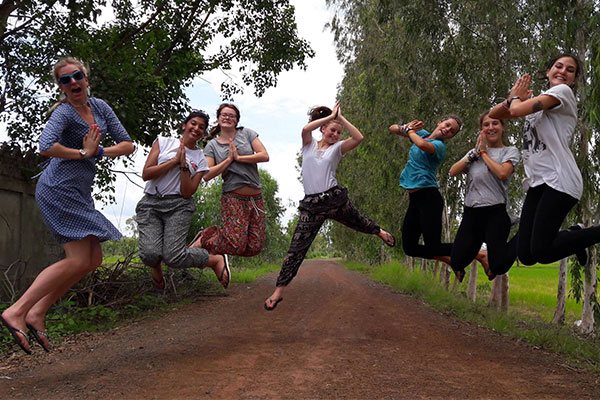
.png)
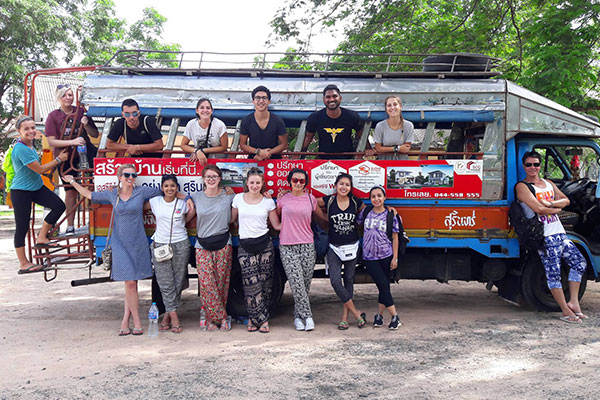



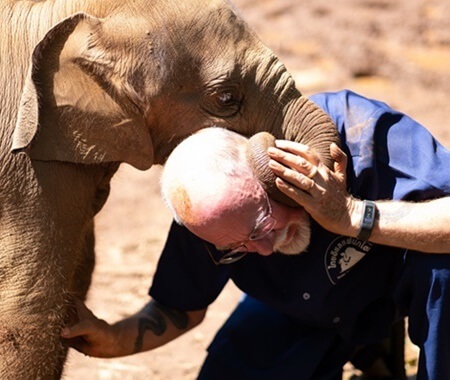
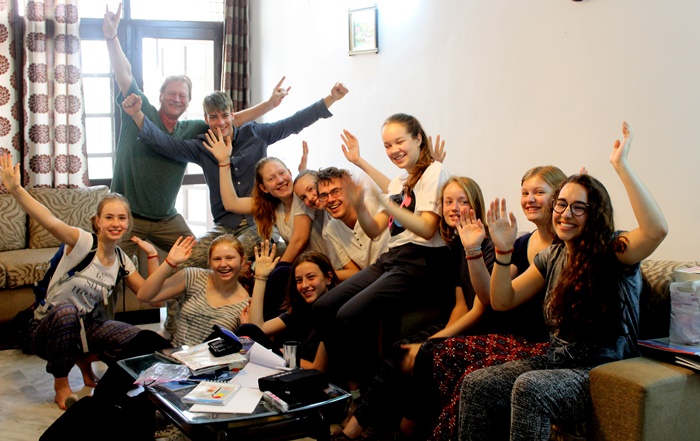

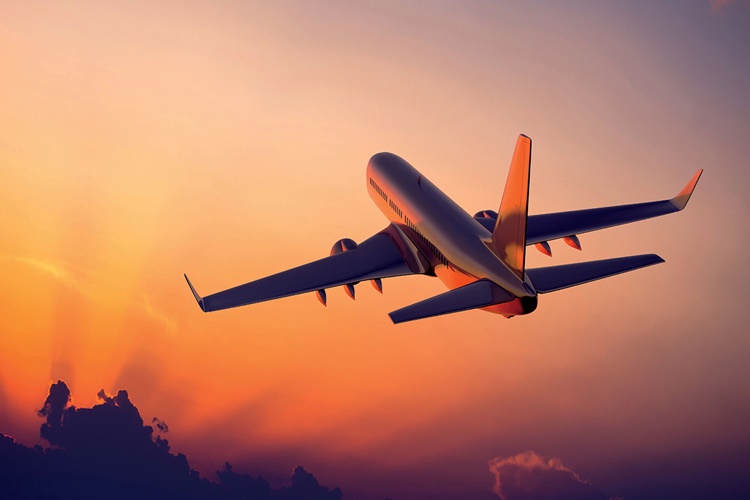
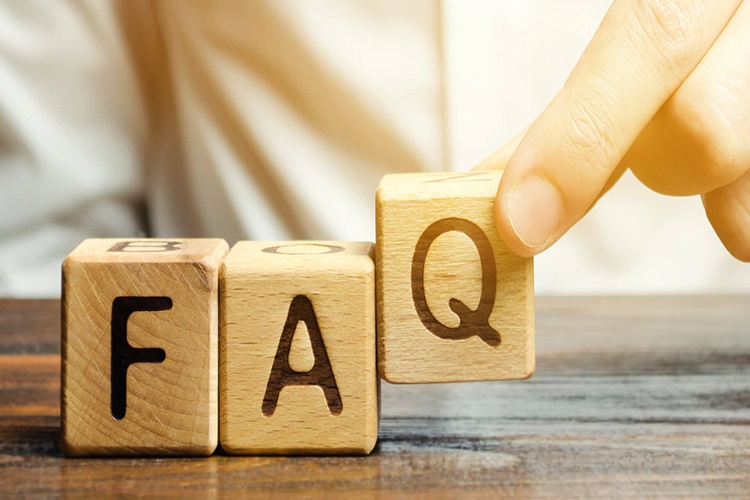


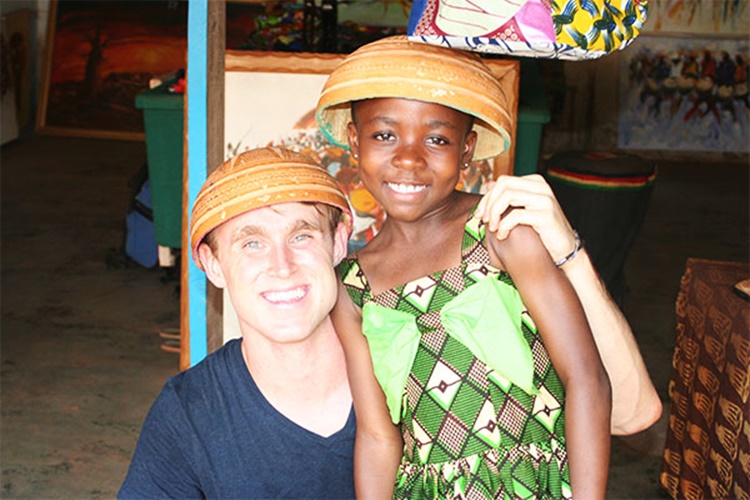

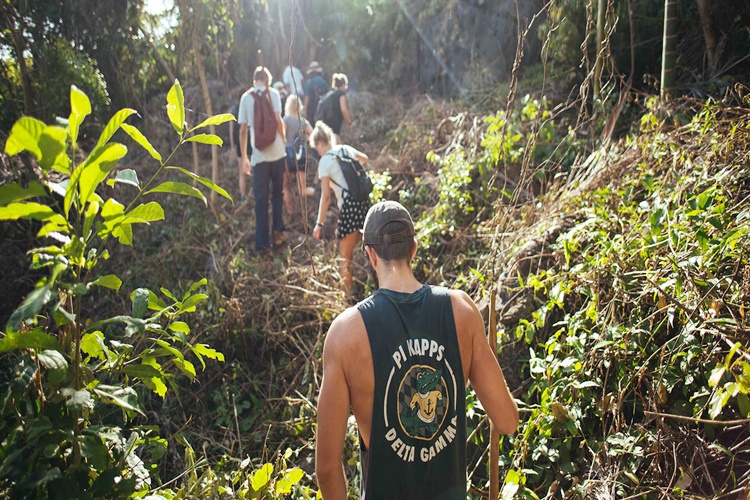
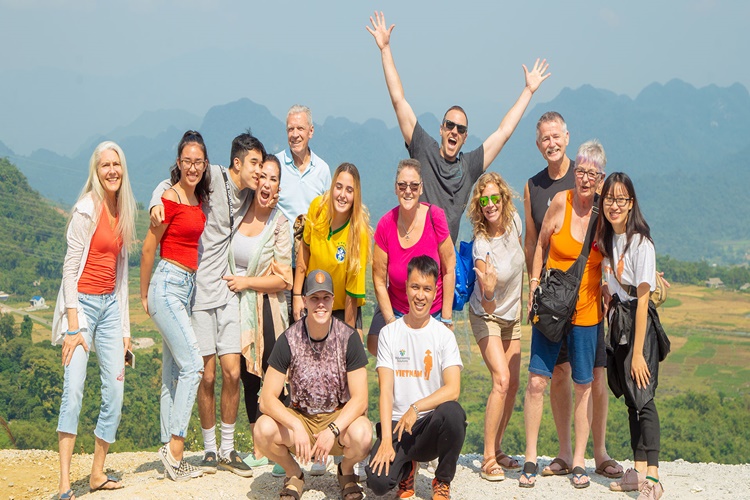

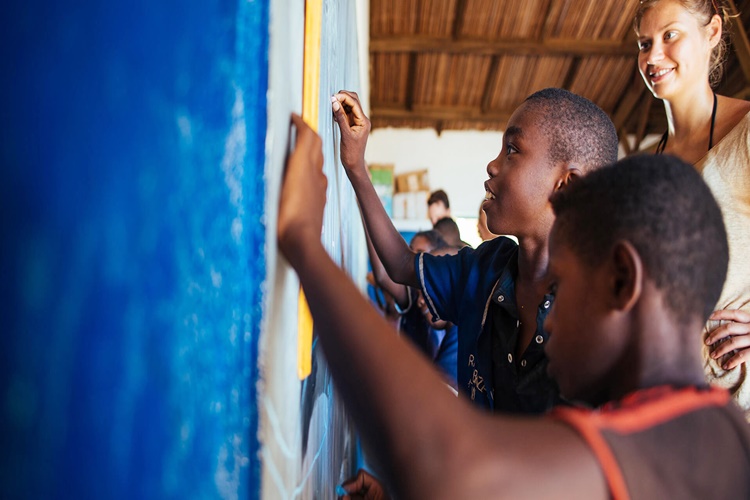
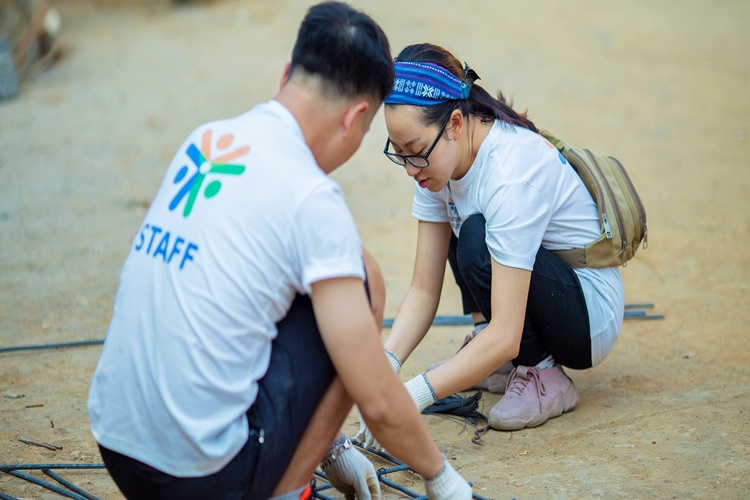
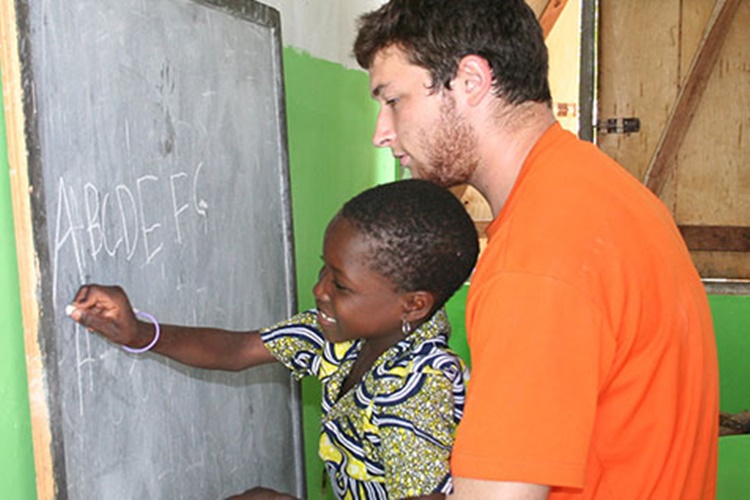


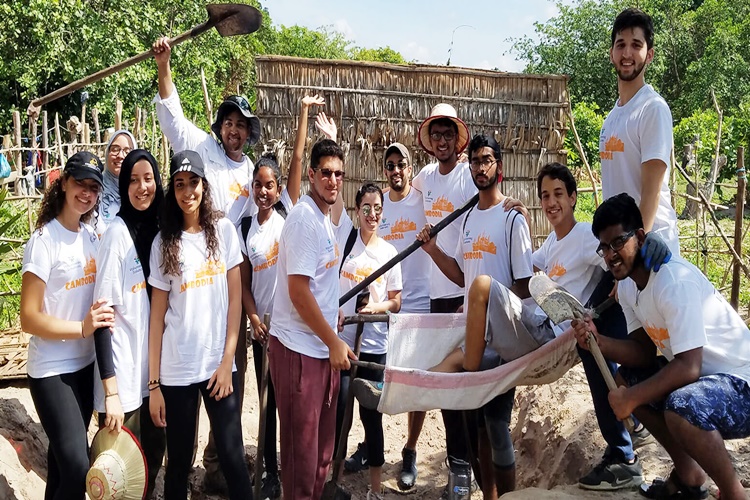
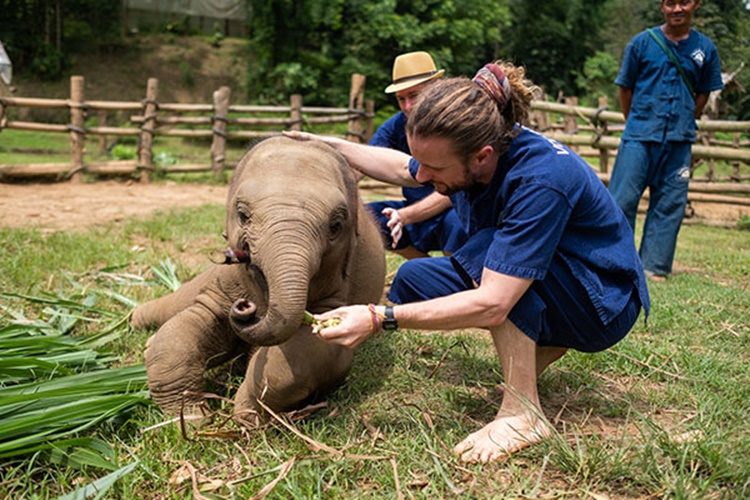
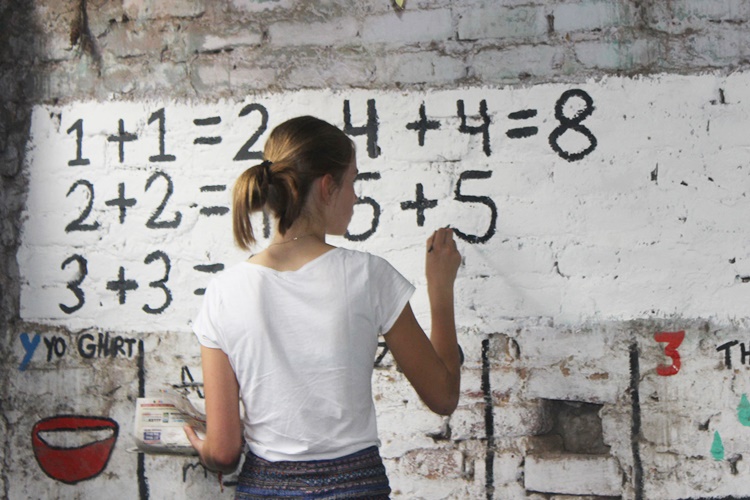
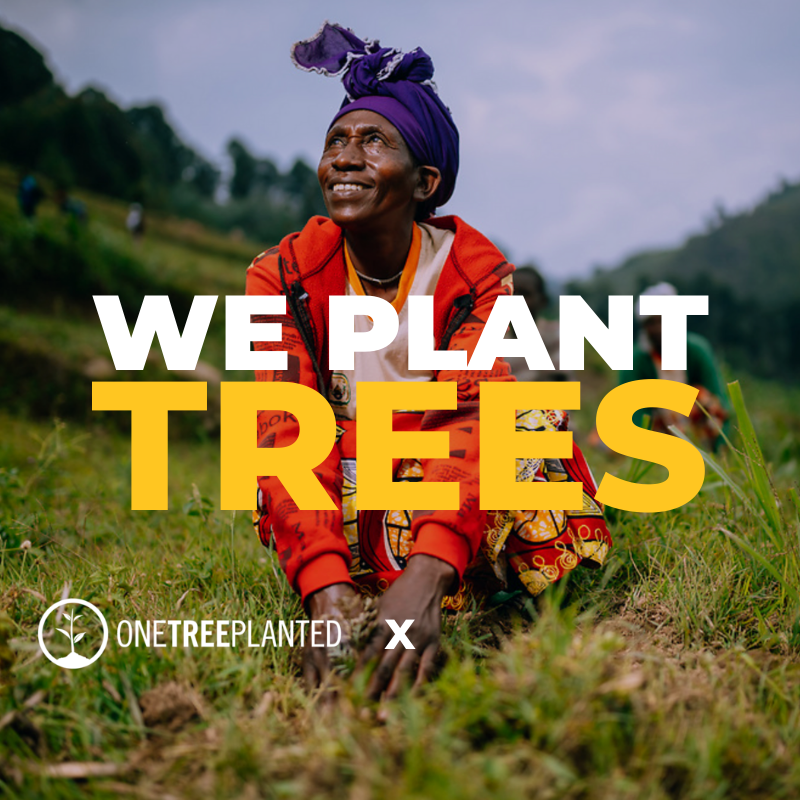
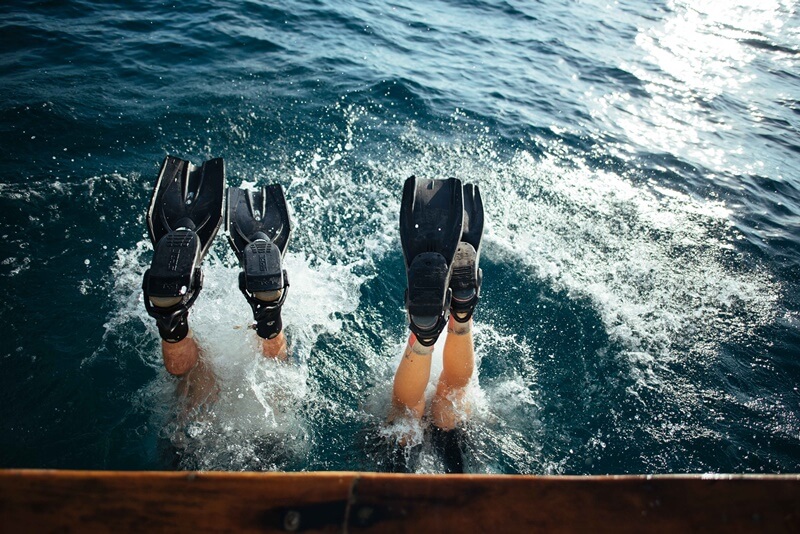
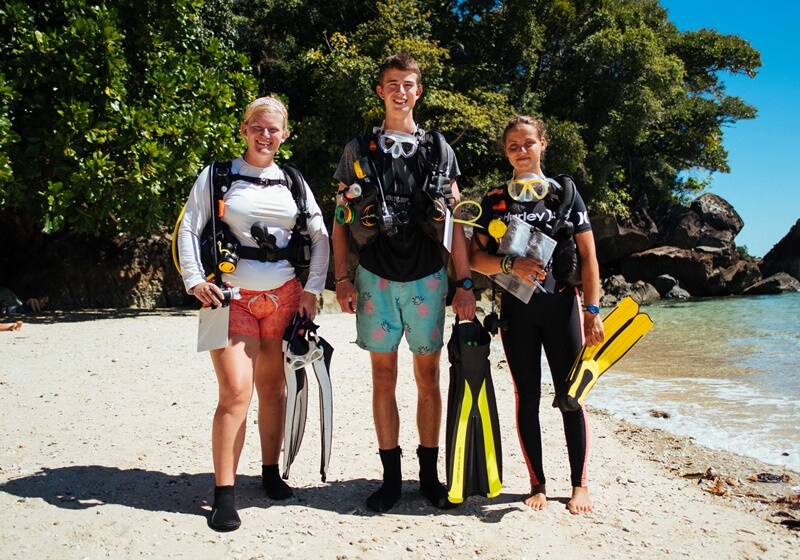
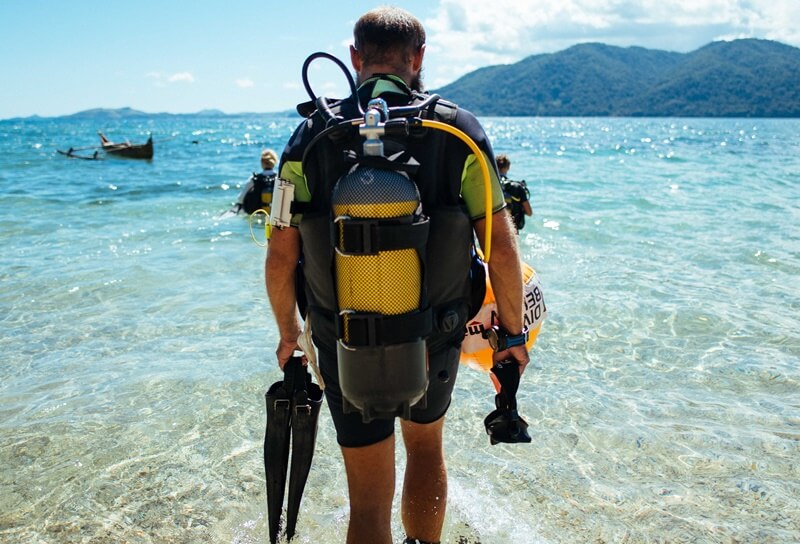
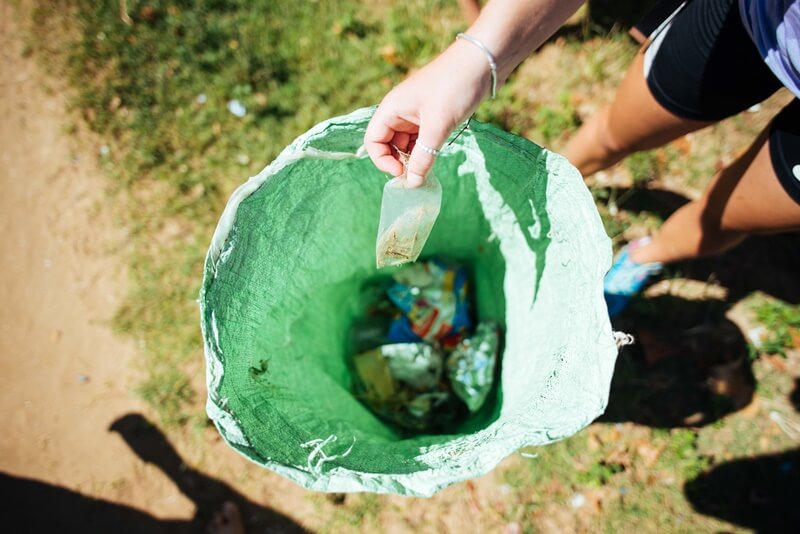
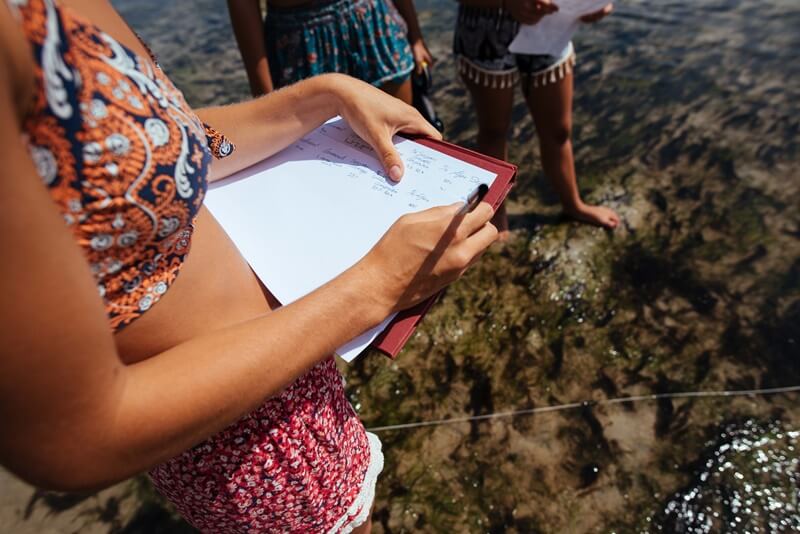
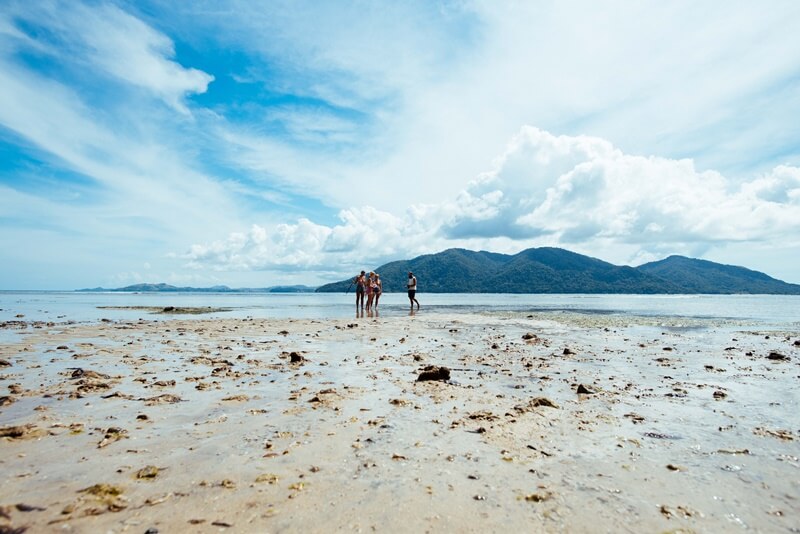
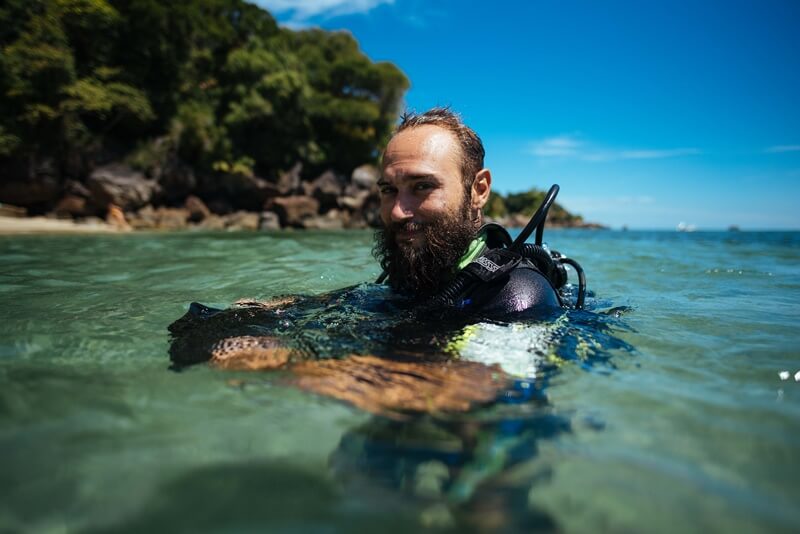
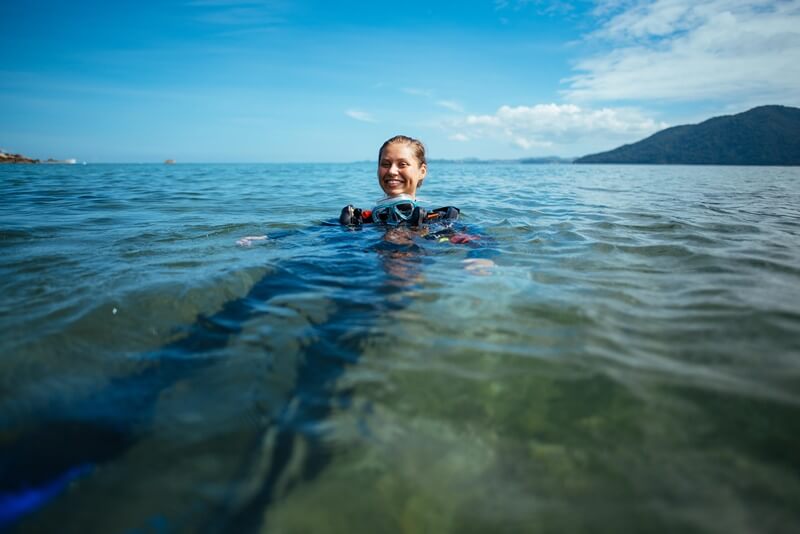
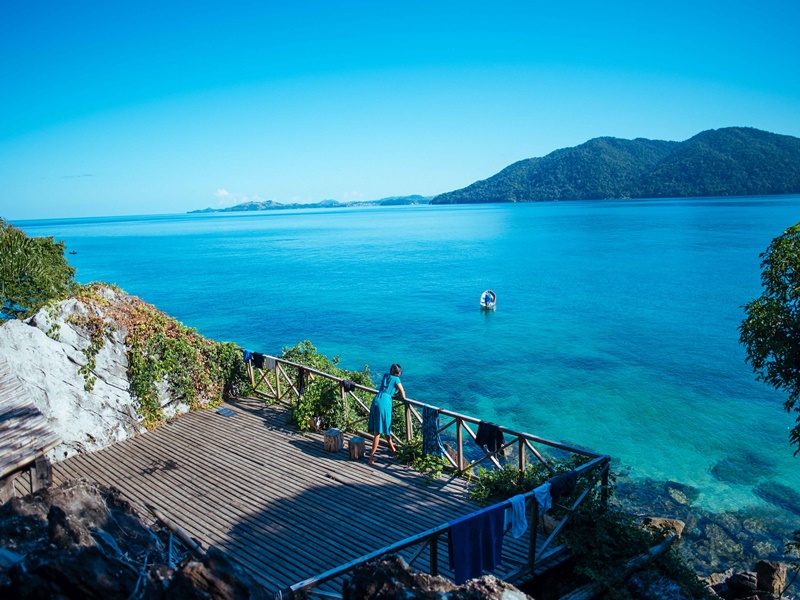
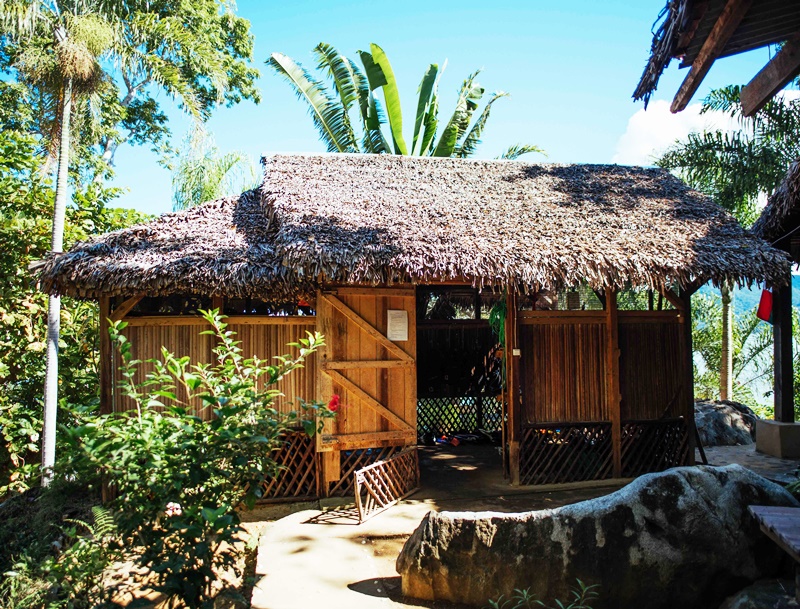
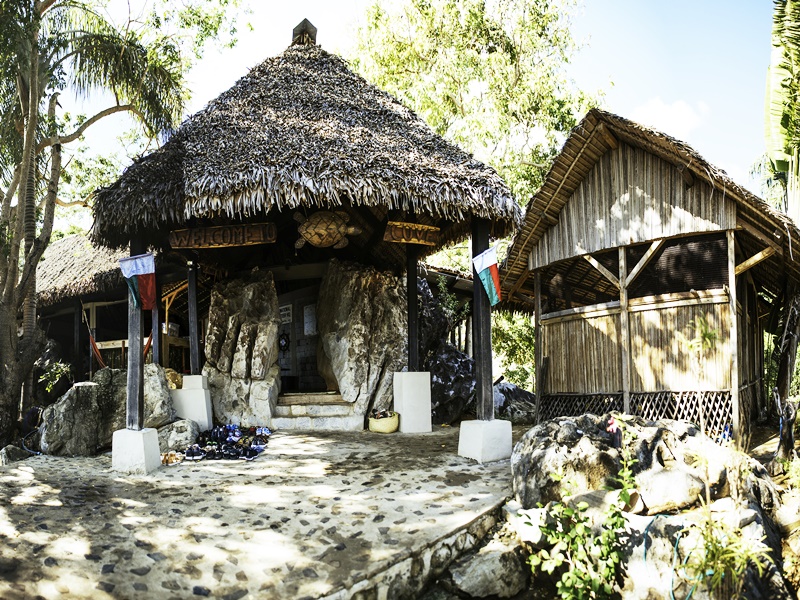
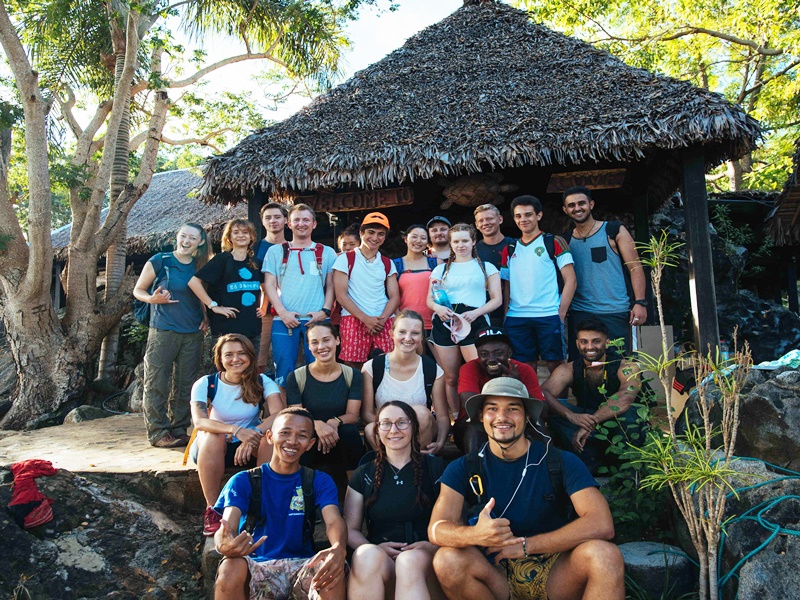
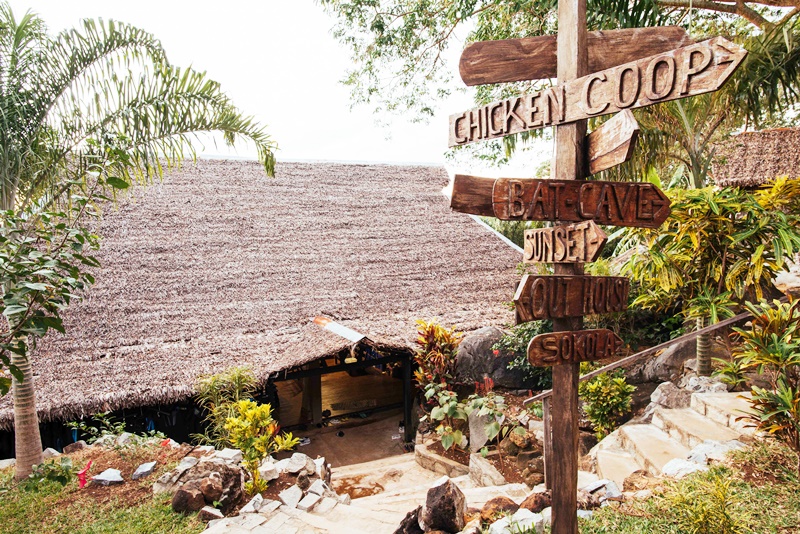
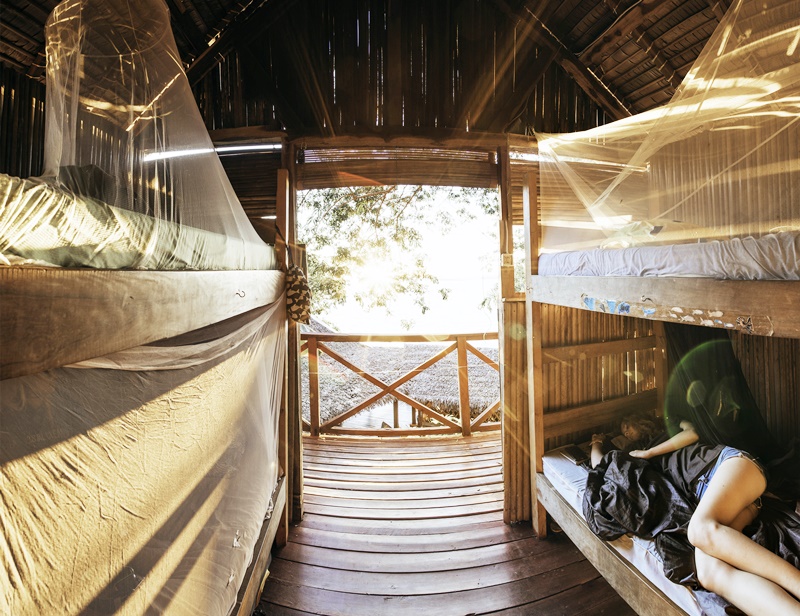
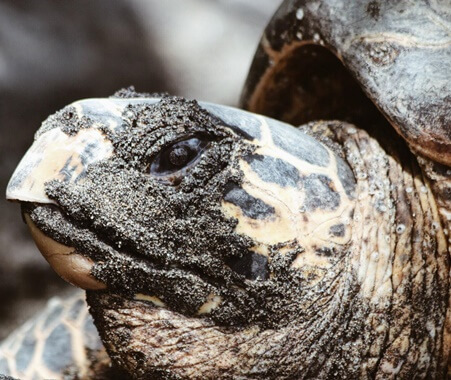

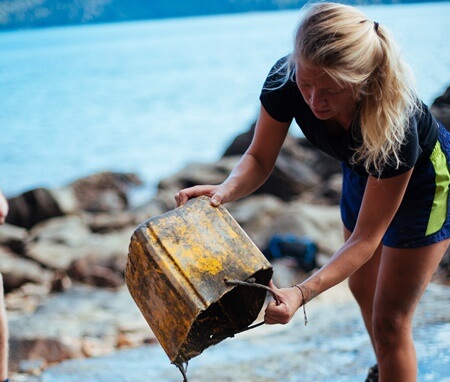
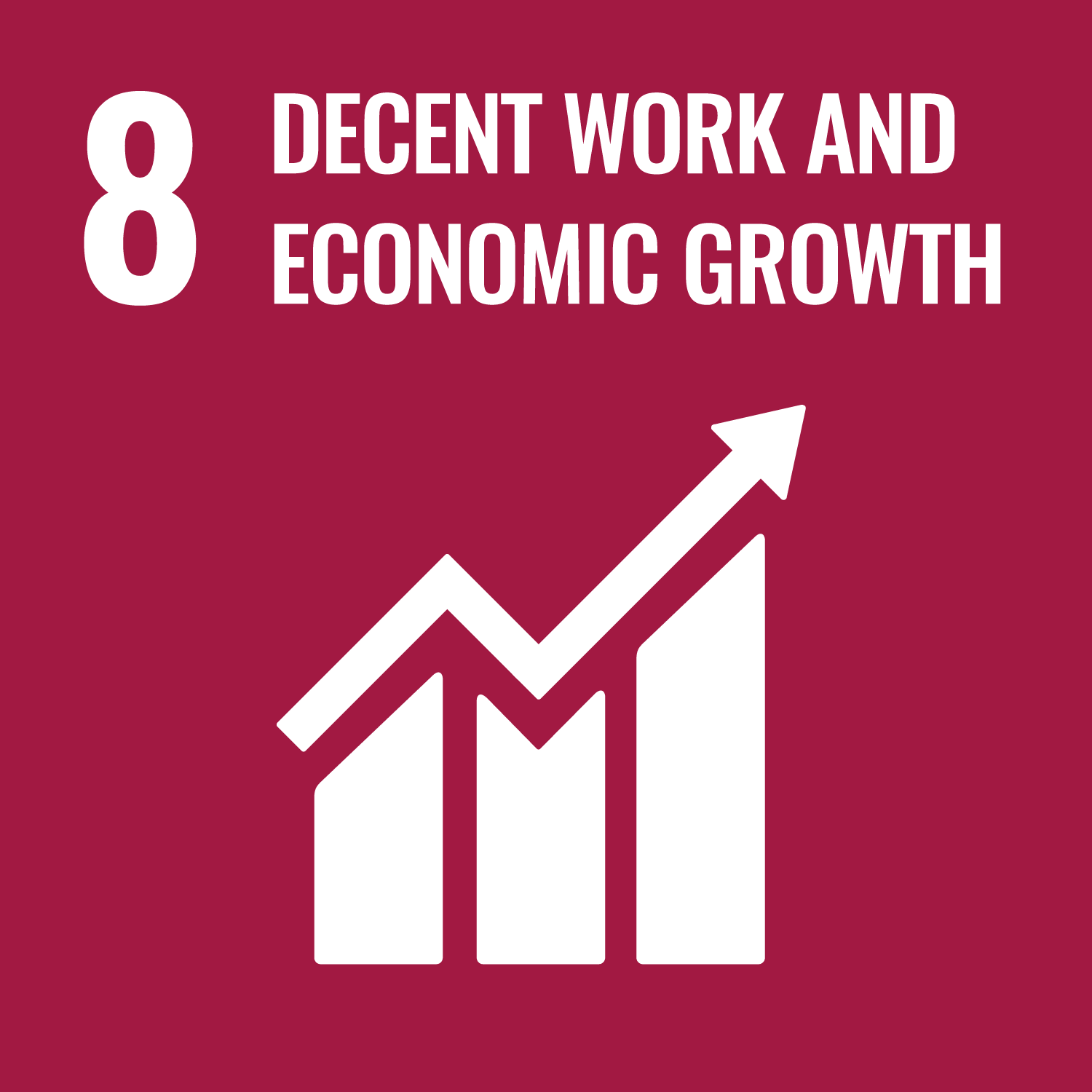
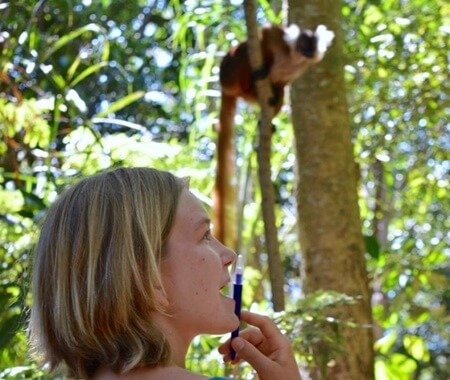

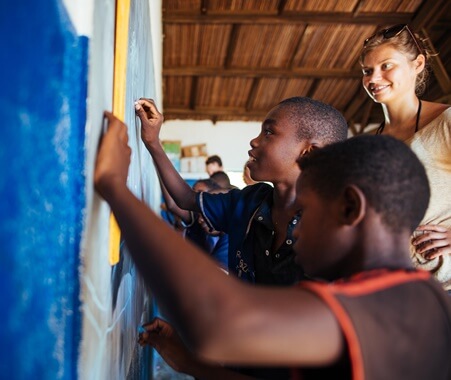
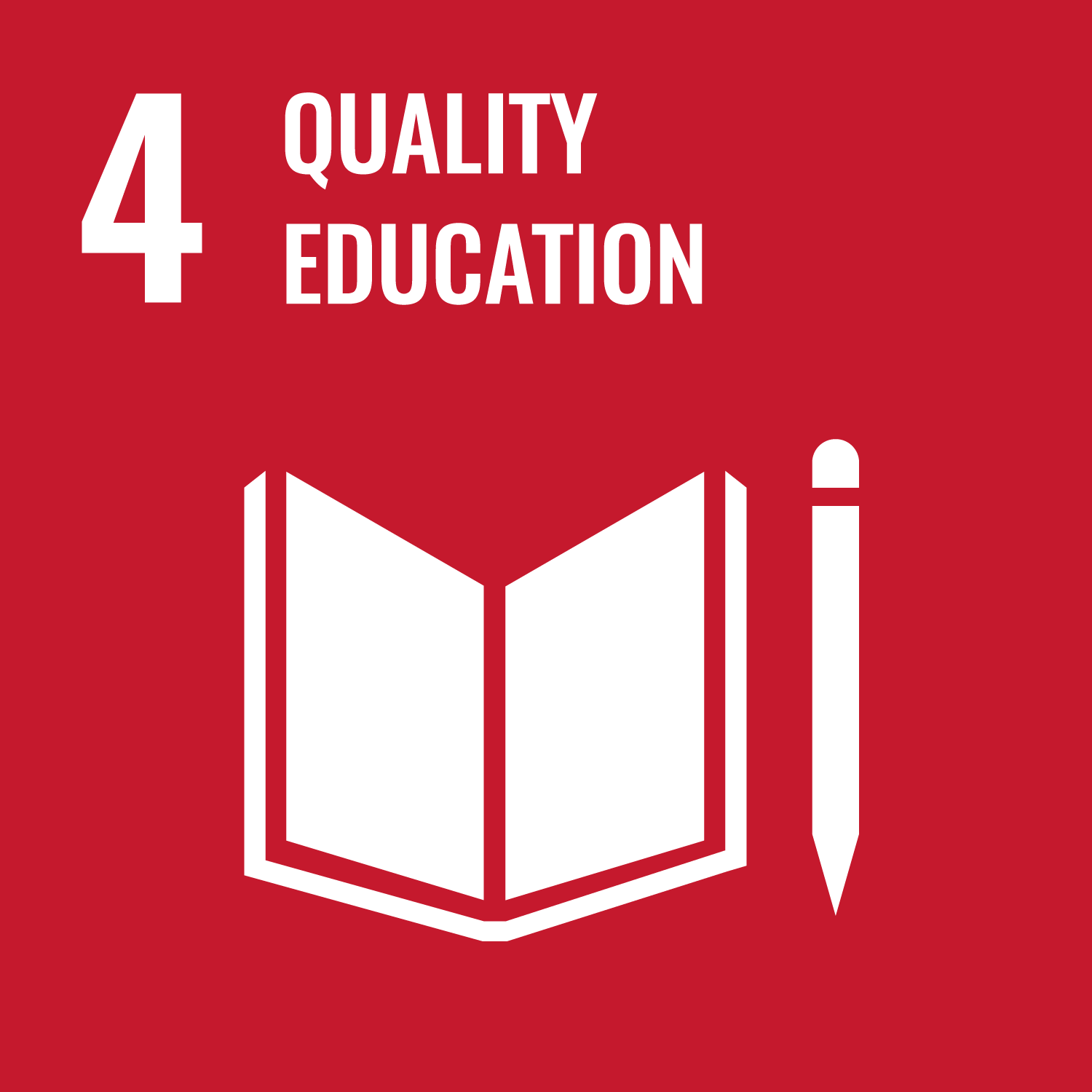
 Yes, I'm from UK or EU
Yes, I'm from UK or EU